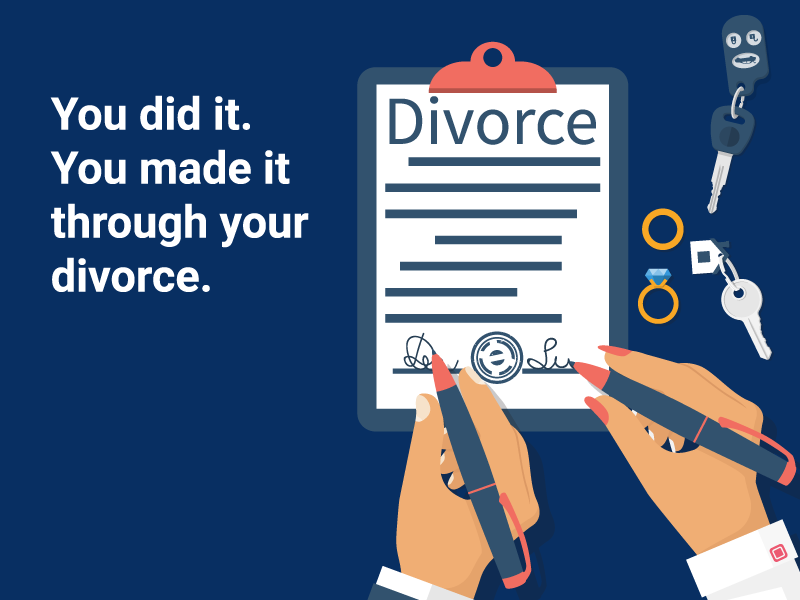

You did it. You made it through your divorce. You stayed committed to the process, you did what was necessary to protect your financial and legal interests, and now you are ready to move on to the next stage of your life. So, what now?
For many people, the first weeks or months after a divorce can be an uncertain time. You are on your own, perhaps for the first time in decades, and you need to need to adjust to life as a single person who is bound by a final
divorce decree. It can be liberating, but also stressful, and it is important to remember that you are at the beginning stages of an adjustment process.
Adjusting to Life After a Divorce in New Jersey
As you adjust, here are some considerations to keep in mind:
1. Complying with Your Custody Order or Parenting Plan
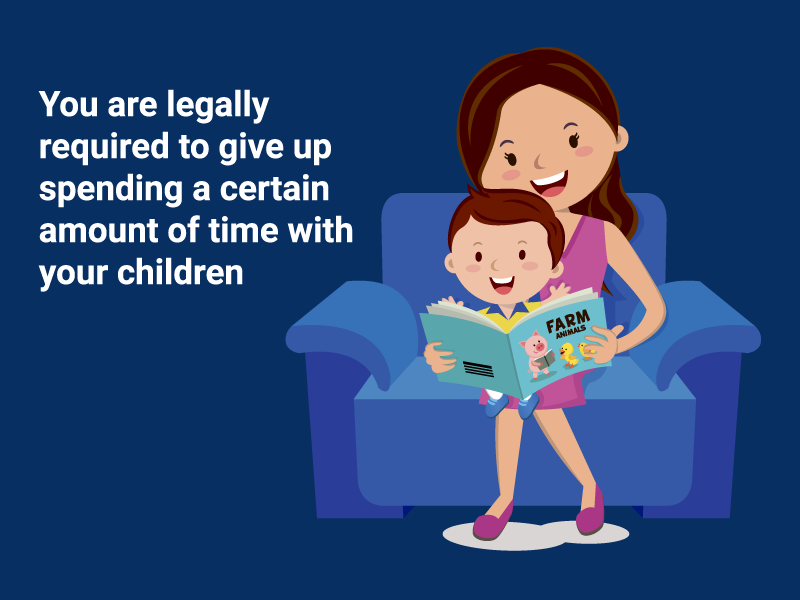
If you have children, adhering to a custody order or
parenting plan can be a very difficult aspect of adjusting to life after a divorce. You are legally required to give up spending a certain amount of time with your children; and, when you are together, you want to make the most of the time that you have. It is important to make sure you strictly adhere to the terms of your custody order or parenting plan; and, if you believe that your former spouse is in violation, the best approach is typically to address the issue promptly.
2. Budgeting and Establishing Credit
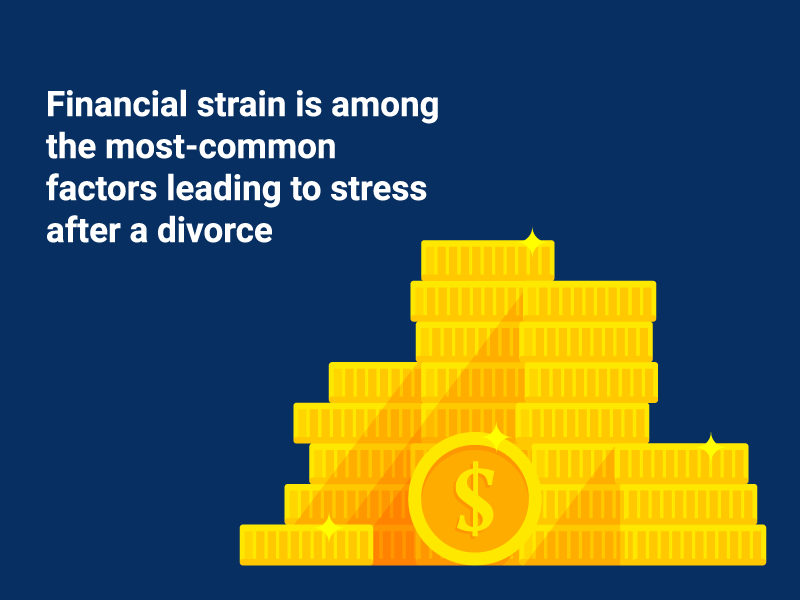
Whether you are required to pay child support and
alimony or you will soon begin receiving checks on a monthly basis, you will need to formulate a
budget that works for your new personal and family circumstances.
If you and your former spouse had joint loans and credit cards while you were married, you should start establishing your personal credit as soon as possible as well. Financial strain is among the most common factors leading to stress after a divorce, but it is also an issue that most former spouses can avoid with careful planning.
3. Paying Taxes
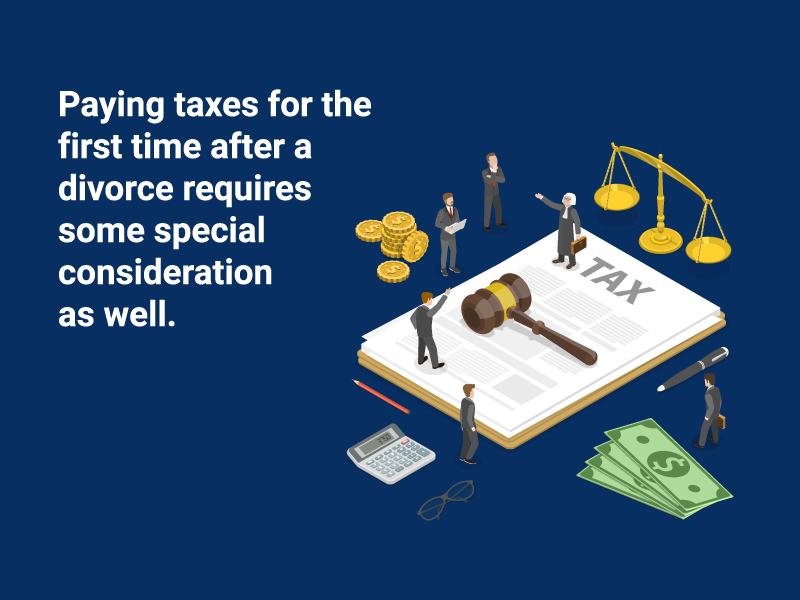
Paying
taxes for the first time after a divorce requires some special consideration as well. There are special rules for child support and alimony; and, under the Tax Cuts and Jobs Act, the rules for alimony are changing for divorces finalized after 2018. In addition, you may be entitled to various child and property-related credits and deductions as a result of your divorce; and, if you haven’t worked with an accountant in the past, it may be a good idea to seek professional help this time around.
4. Enforcing Your Final Divorce Decree
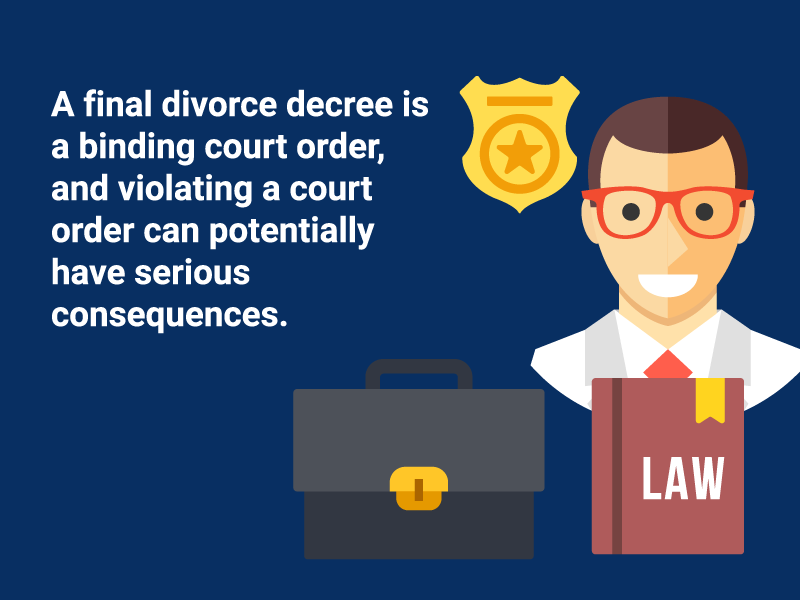
We already mentioned that they best way to deal with
enforcement issues related to child custody is to take action promptly. The same goes for child support, alimony,
property rights, and other post-divorce enforcement issues as well. A final divorce decree is a binding court order, and violating a court order can potentially have serious consequences. In many cases, early issues following a divorce are simply a matter of misunderstanding; but, if you need to take legal action, there are clearly-established procedures and remedies available.
5. Relying on Friends and Family
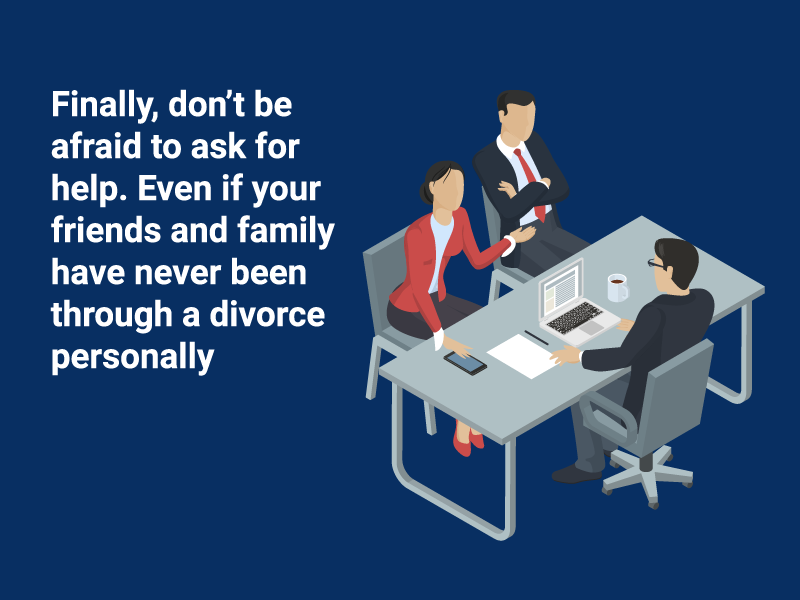
Finally, don’t be afraid to ask for help. Even if your friends and family have never been through a divorce personally, they understand that you are going through a difficult time. More likely than not, they will be more than happy to help in any way they can, whether that means unpacking boxes or
going out for coffee.
Questions about Your Divorce?
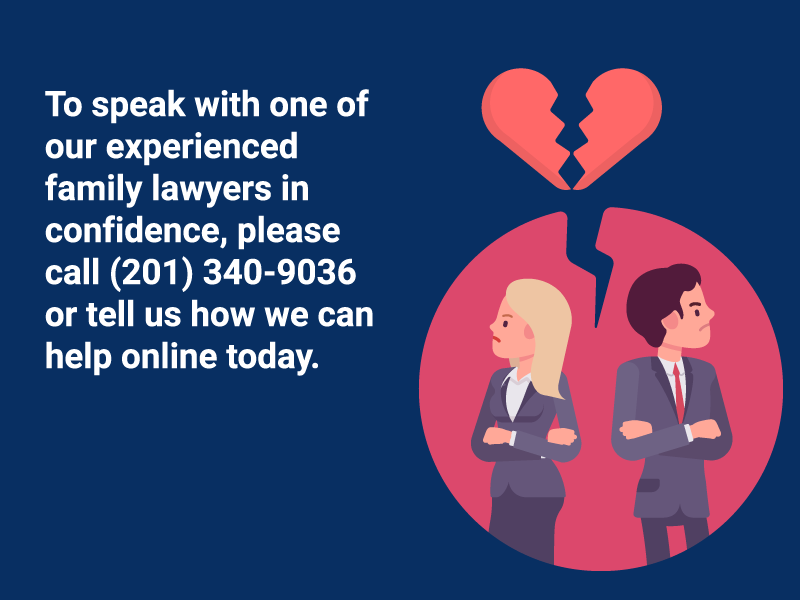
If you live in Bergen County, NJ and you have questions about your divorce, we encourage you to contact us for an initial case evaluation. To speak with one of our experienced family lawyers in confidence, please call
(201) 880-9770 or
tell us how we can help online today.

 You did it. You made it through your divorce. You stayed committed to the process, you did what was necessary to protect your financial and legal interests, and now you are ready to move on to the next stage of your life. So, what now?
For many people, the first weeks or months after a divorce can be an uncertain time. You are on your own, perhaps for the first time in decades, and you need to need to adjust to life as a single person who is bound by a final divorce decree. It can be liberating, but also stressful, and it is important to remember that you are at the beginning stages of an adjustment process.
You did it. You made it through your divorce. You stayed committed to the process, you did what was necessary to protect your financial and legal interests, and now you are ready to move on to the next stage of your life. So, what now?
For many people, the first weeks or months after a divorce can be an uncertain time. You are on your own, perhaps for the first time in decades, and you need to need to adjust to life as a single person who is bound by a final divorce decree. It can be liberating, but also stressful, and it is important to remember that you are at the beginning stages of an adjustment process.
 If you have children, adhering to a custody order or parenting plan can be a very difficult aspect of adjusting to life after a divorce. You are legally required to give up spending a certain amount of time with your children; and, when you are together, you want to make the most of the time that you have. It is important to make sure you strictly adhere to the terms of your custody order or parenting plan; and, if you believe that your former spouse is in violation, the best approach is typically to address the issue promptly.
If you have children, adhering to a custody order or parenting plan can be a very difficult aspect of adjusting to life after a divorce. You are legally required to give up spending a certain amount of time with your children; and, when you are together, you want to make the most of the time that you have. It is important to make sure you strictly adhere to the terms of your custody order or parenting plan; and, if you believe that your former spouse is in violation, the best approach is typically to address the issue promptly.
 Whether you are required to pay child support and alimony or you will soon begin receiving checks on a monthly basis, you will need to formulate a budget that works for your new personal and family circumstances.
If you and your former spouse had joint loans and credit cards while you were married, you should start establishing your personal credit as soon as possible as well. Financial strain is among the most common factors leading to stress after a divorce, but it is also an issue that most former spouses can avoid with careful planning.
Whether you are required to pay child support and alimony or you will soon begin receiving checks on a monthly basis, you will need to formulate a budget that works for your new personal and family circumstances.
If you and your former spouse had joint loans and credit cards while you were married, you should start establishing your personal credit as soon as possible as well. Financial strain is among the most common factors leading to stress after a divorce, but it is also an issue that most former spouses can avoid with careful planning.
 Paying taxes for the first time after a divorce requires some special consideration as well. There are special rules for child support and alimony; and, under the Tax Cuts and Jobs Act, the rules for alimony are changing for divorces finalized after 2018. In addition, you may be entitled to various child and property-related credits and deductions as a result of your divorce; and, if you haven’t worked with an accountant in the past, it may be a good idea to seek professional help this time around.
Paying taxes for the first time after a divorce requires some special consideration as well. There are special rules for child support and alimony; and, under the Tax Cuts and Jobs Act, the rules for alimony are changing for divorces finalized after 2018. In addition, you may be entitled to various child and property-related credits and deductions as a result of your divorce; and, if you haven’t worked with an accountant in the past, it may be a good idea to seek professional help this time around.
 We already mentioned that they best way to deal with enforcement issues related to child custody is to take action promptly. The same goes for child support, alimony, property rights, and other post-divorce enforcement issues as well. A final divorce decree is a binding court order, and violating a court order can potentially have serious consequences. In many cases, early issues following a divorce are simply a matter of misunderstanding; but, if you need to take legal action, there are clearly-established procedures and remedies available.
We already mentioned that they best way to deal with enforcement issues related to child custody is to take action promptly. The same goes for child support, alimony, property rights, and other post-divorce enforcement issues as well. A final divorce decree is a binding court order, and violating a court order can potentially have serious consequences. In many cases, early issues following a divorce are simply a matter of misunderstanding; but, if you need to take legal action, there are clearly-established procedures and remedies available.
 Finally, don’t be afraid to ask for help. Even if your friends and family have never been through a divorce personally, they understand that you are going through a difficult time. More likely than not, they will be more than happy to help in any way they can, whether that means unpacking boxes or going out for coffee.
Finally, don’t be afraid to ask for help. Even if your friends and family have never been through a divorce personally, they understand that you are going through a difficult time. More likely than not, they will be more than happy to help in any way they can, whether that means unpacking boxes or going out for coffee.
 If you live in Bergen County, NJ and you have questions about your divorce, we encourage you to contact us for an initial case evaluation. To speak with one of our experienced family lawyers in confidence, please call (201) 880-9770 or tell us how we can help online today.
If you live in Bergen County, NJ and you have questions about your divorce, we encourage you to contact us for an initial case evaluation. To speak with one of our experienced family lawyers in confidence, please call (201) 880-9770 or tell us how we can help online today. 


